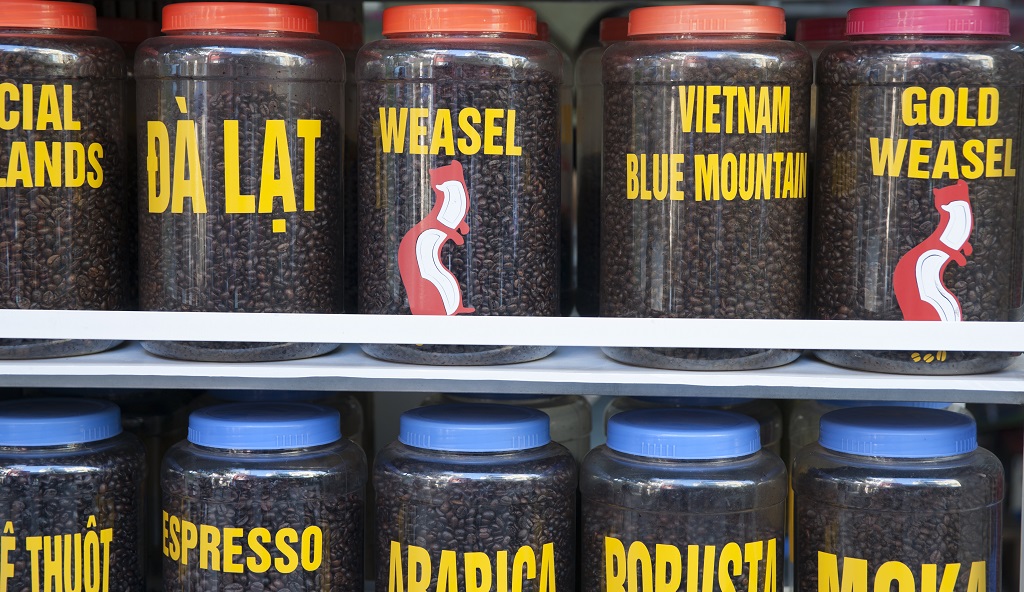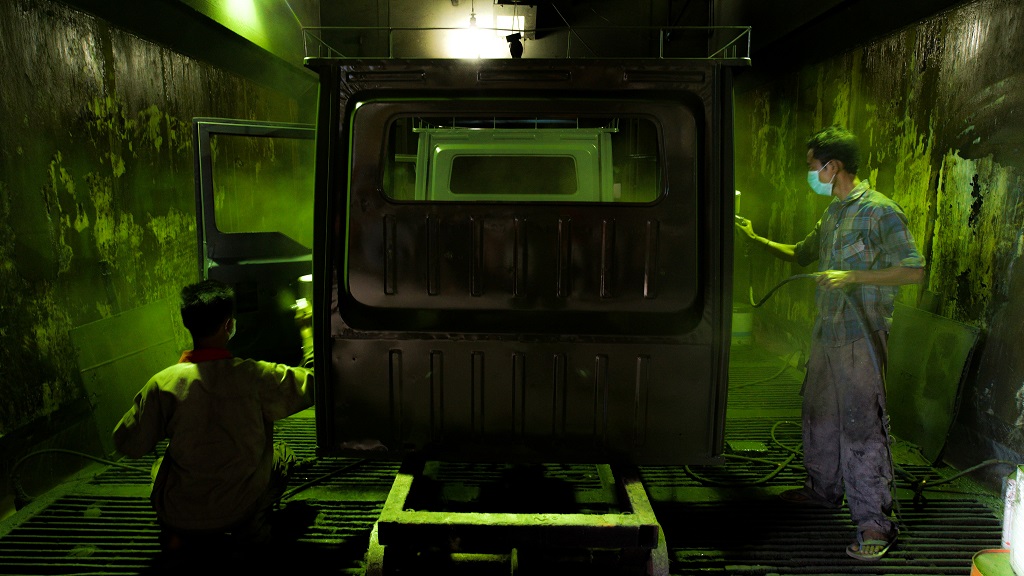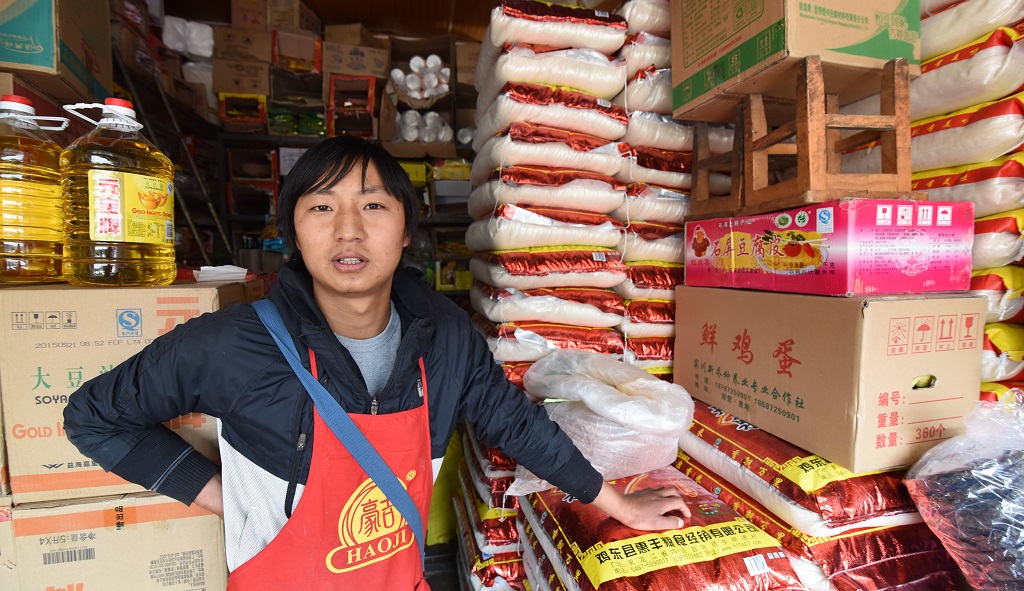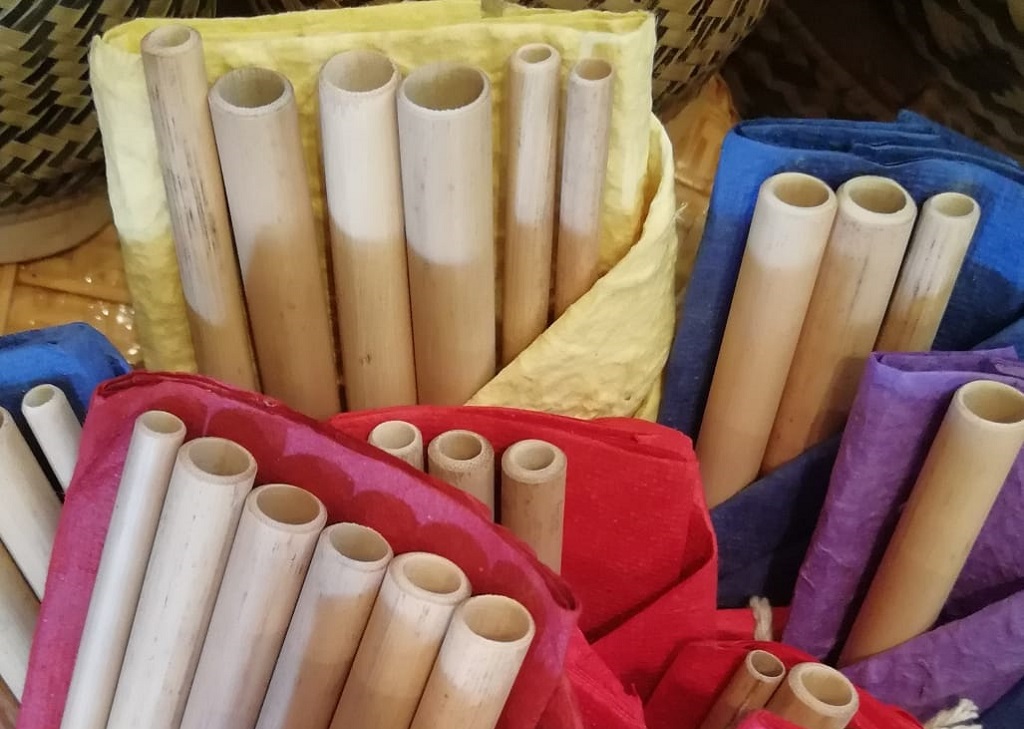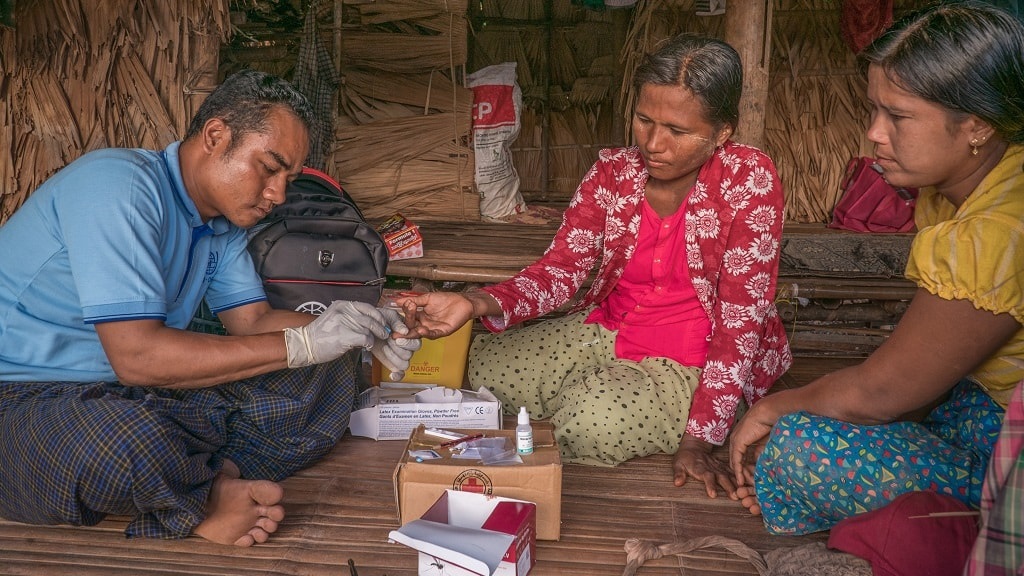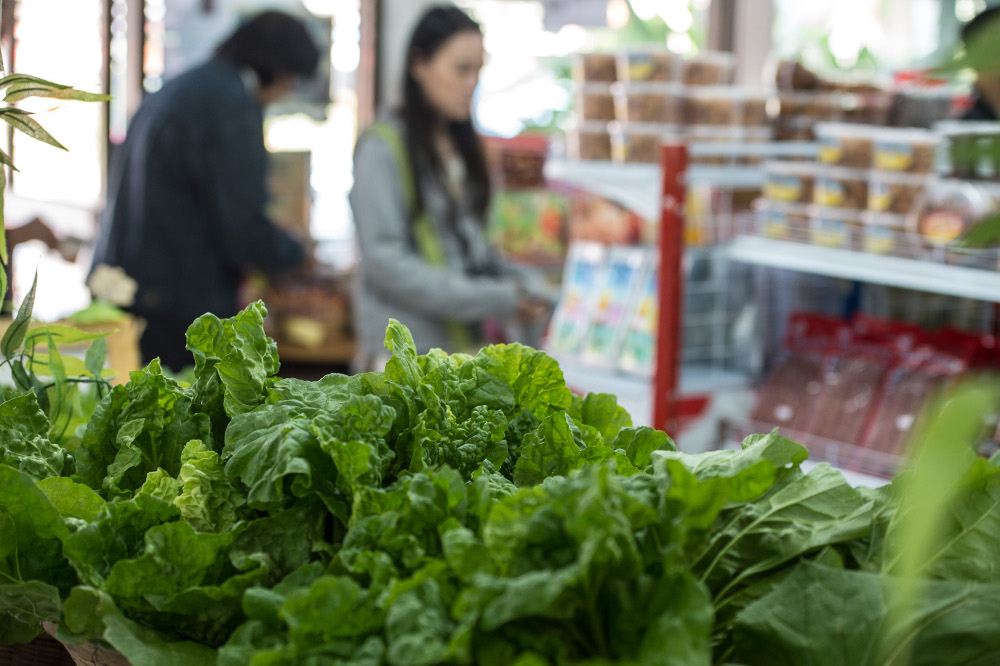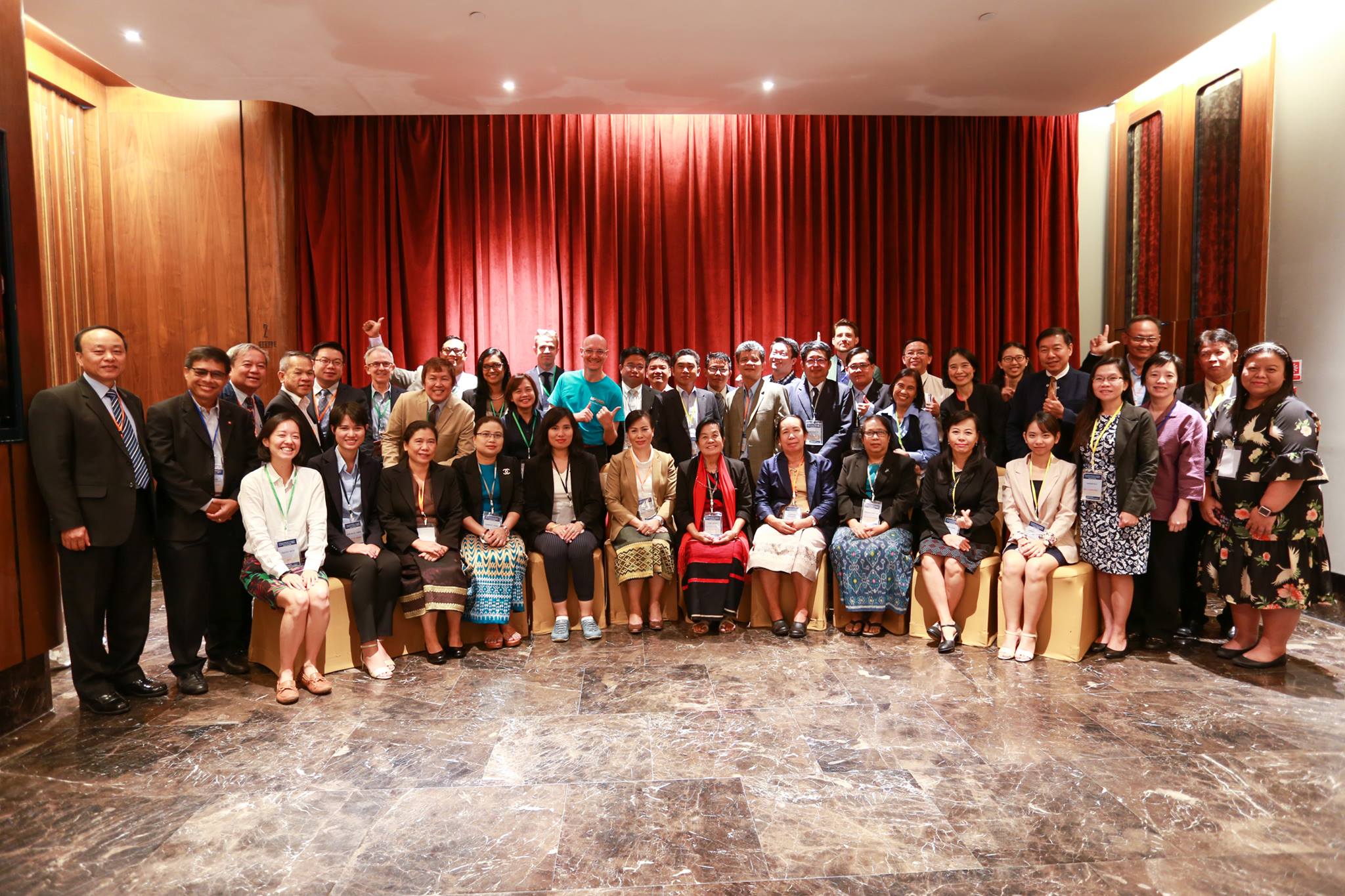
Roundtable Discussion on Regional Investment Framework for Migrant Health in the Greater Mekong Subregion
Roundtable Discussion on Regional Investment Framework for Migrant Health in the Greater Mekong Subregion
The Asian Development Bank organized the one day Roundtable Discussion on Regional Investment Framework for Migrant Health in the Greater Mekong Subregion on 5 November 2018 in Bangkok. The roundtable discussion focused on defining an operational regional investment framework and available financing solutions to innovatively address migrant health care challenges and support national and regional universal health coverage.

